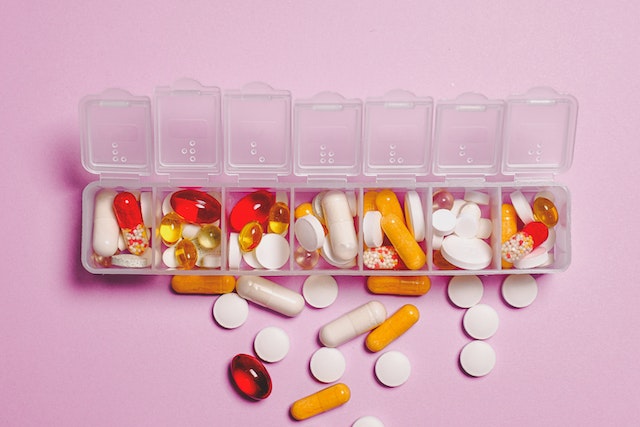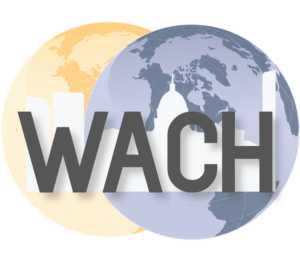
Pharmaceutical companies should help people, not hurt them
By: Surabi Shanmugam – 2022 Summer Intern
Every day, my uncle wakes up, eats his breakfast, and takes his medication. One day, as he was taking his meds, he turned to me. Holding up his bottle of Jardiance, a name brand drug, he told me, “I pay $250 for this every month.”
I remember pausing for a second, wondering why he was telling me this. Then, he held up his bottle of metformin, a generic drug, and told me, “I pay $4 for this every month.”
Despite having done some research into how pharmaceutical companies tend to raise the prices of their drugs excessively in the United States, it was still shocking to see such a disparity between the two drugs, which actually serve very similar purposes.
My uncle is just one of thousands of Americans who feel the pressure of having to pay for their expensive name-brand drugs. The RAND Corporation, a nonprofit research institute, estimated in 2021 that Americans pay 2.56 times more for medication than other first-world countries. This disparity leads us to the main idea, if you will, of this piece: pharmaceutical companies should be more restricted in how they are allowed to price their drugs.
The United States has consistently seen increased spending every year on pharmaceuticals, not because Americans are getting sicker, but because drug prices continue rising. This kind of price gouging is completely legal in the United States.
While there are some pieces of new legislation that would combat the amount of gouging these companies take part in, such as the Schumer-Manchin bill compromise, for example, more can be done to keep prescription medications affordable for everyone. Pharmaceutical companies tend to manufacture drugs to turn over large profits. This mindset has made the pharmaceutical industry one of the most profitable in the United States.
This mindset has also caused Americans to suffer financially and physically. Consumers either go into debt trying to take their medicine, or stop taking necessary medicine in order to support themselves or their families.
When you really look at it, pharmaceutical companies make lots of money off of sick consumers.
And by lots, I mean billions. Every year.
After spending money on research and development, manufacturing, and other expenses, pharmaceutical companies are still left with an exorbitant amount of profit. The majority of this profit goes to advertising and lobbying. The amount of lobbying representatives for pharmaceutical companies do in Congress often slows down legislators and gives them reasons to avoid going after these companies. Many pharmaceutical companies hike the prices of their drugs either annually or biannually, even if the cost of drug manufacturing has not increased.
Preventing legislators from taking action against price gouging allows pharmaceutical companies to continue to increase their profits while draining Americans’ pockets.
Knowing all of this information causes one – the “one” here being me, but perhaps you, as well, – to question why pharmaceutical companies are allowed to do this.
Why do we exist in a day and age where profits are valued more than human lives? The pharmaceutical industry was created to heal Americans, not hurt them.
Surabi Shanmugam wrote this opinion piece while interning for the World Affairs Council of Harrisburg and PA Media Group. It was published here.




